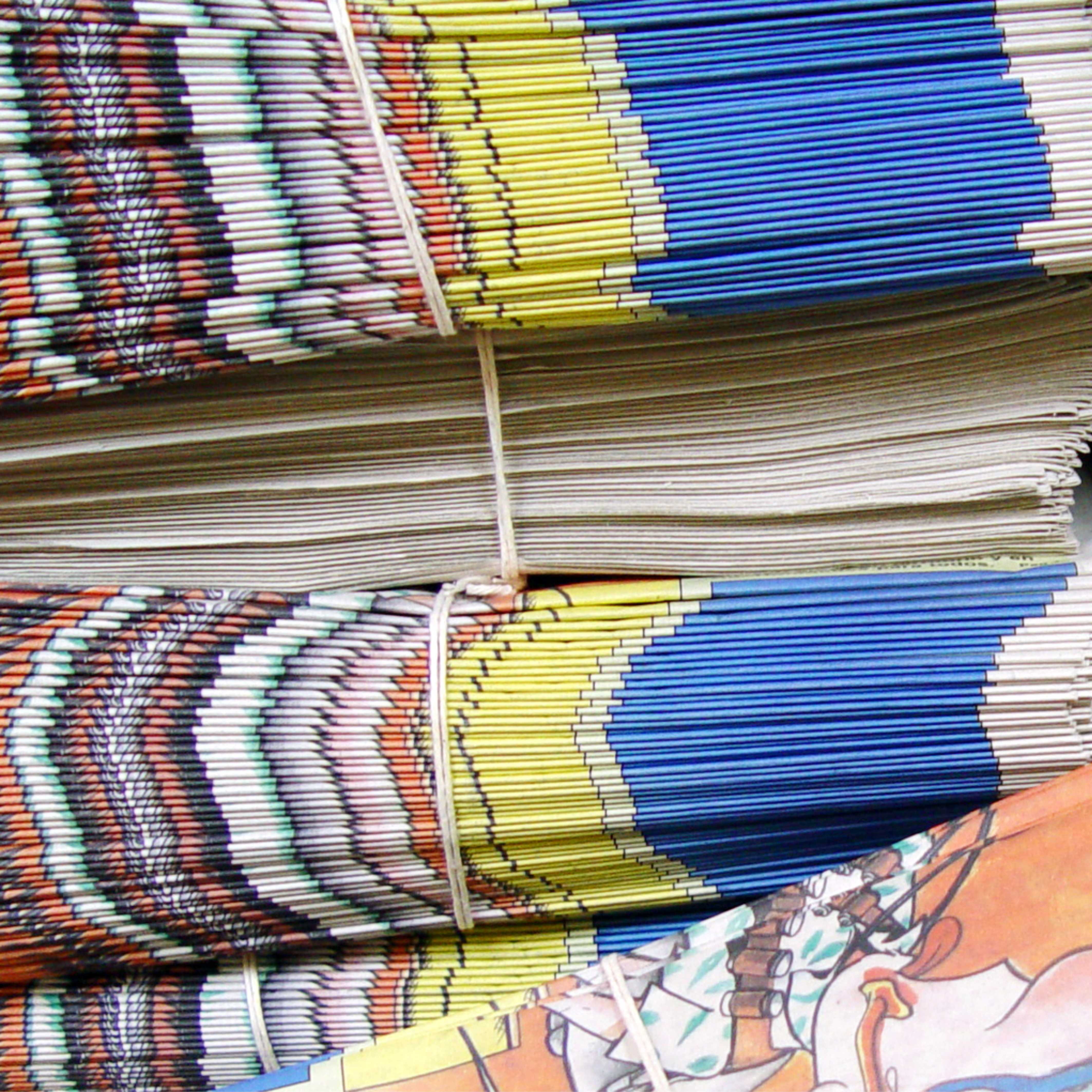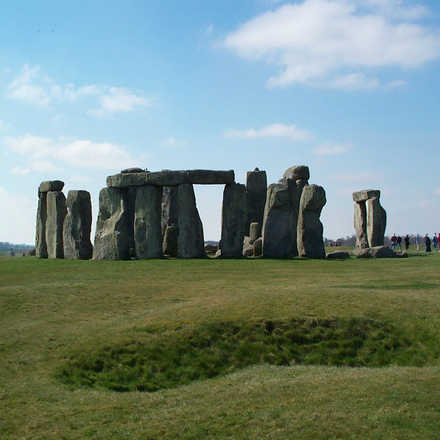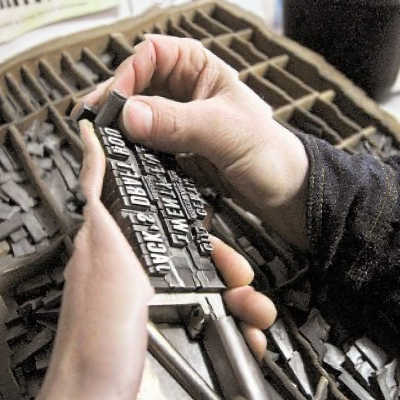The Galveston Bay oil spill looms large in a
region still recovering from a previous disaster.
 the look of a curious mindOn Saturday, March 22nd, a ship collided with a barge in Galveston Bay that was carrying 924,000 gallons of marine fuel oil. The barge was being towed from Texas City to Bolivar when a 585 foot ship named Summer Wind collided with it. About 168,000 gallons, one-fifth of the cargo, discharged into the bay after one of the barge’s storage tanks was damaged. The barge was carrying a special bunked fuel called RMG 380. The fuel is described as being thicker than crude oil. RMG is so thick that it sticks to anything it comes into contact with, which makes it a hazard to local wildlife.
the look of a curious mindOn Saturday, March 22nd, a ship collided with a barge in Galveston Bay that was carrying 924,000 gallons of marine fuel oil. The barge was being towed from Texas City to Bolivar when a 585 foot ship named Summer Wind collided with it. About 168,000 gallons, one-fifth of the cargo, discharged into the bay after one of the barge’s storage tanks was damaged. The barge was carrying a special bunked fuel called RMG 380. The fuel is described as being thicker than crude oil. RMG is so thick that it sticks to anything it comes into contact with, which makes it a hazard to local wildlife.
California’s Record Drought may only be just beginning.
 the look of a curious mindCalifornia has grabbed many headlines in recent months due to the record drought conditions being experienced there. In fact, last year was the driest year in more than a century in that region. California is one of the most productive regions in the entire world when it comes to agriculture. This area is the largest food producer in the United States and yet, has only has 4% of its total farms. Over 450 crops are grown in California and in such mass quantities that make it the largest exporter of almonds in the world, the 4th largest wine region, responsible for over 80% of the US strawberry production, and the largest supplier of fruits and vegetables accounting for half of all crops.
the look of a curious mindCalifornia has grabbed many headlines in recent months due to the record drought conditions being experienced there. In fact, last year was the driest year in more than a century in that region. California is one of the most productive regions in the entire world when it comes to agriculture. This area is the largest food producer in the United States and yet, has only has 4% of its total farms. Over 450 crops are grown in California and in such mass quantities that make it the largest exporter of almonds in the world, the 4th largest wine region, responsible for over 80% of the US strawberry production, and the largest supplier of fruits and vegetables accounting for half of all crops.
Extreme organisms that are not only important,
they may change science.
 the look of a curious mindThe nature of science is simple, to ask questions about the world around us and to search for answers to them. People, being inquisitive in nature, seek out these answers and discover that what they find can be either simple or rather complex. So, even more questions get asked. Eventually, new explanations are found and changes are made to the science. Sometimes these changes are a natural fit and sometimes they are difficult to accept because the old way was so ingrained in our brains. For me, one of these changes was the kingdoms of life. I had always learned in grade school that there are five kingdoms of life: Animalia, Plantae, Fungi, Protista, and Monera. Early in my college career, I was baffled to learn that scientists were considering adding a sixth kingdom (Now a possible 7th). Until the 20th century, scientists had classified everything as either a plant or an animal, a concept that just seems stupid today. The exclusion of this sixth kingdom, known as Archaea, may seem silly in the next 100 years.
the look of a curious mindThe nature of science is simple, to ask questions about the world around us and to search for answers to them. People, being inquisitive in nature, seek out these answers and discover that what they find can be either simple or rather complex. So, even more questions get asked. Eventually, new explanations are found and changes are made to the science. Sometimes these changes are a natural fit and sometimes they are difficult to accept because the old way was so ingrained in our brains. For me, one of these changes was the kingdoms of life. I had always learned in grade school that there are five kingdoms of life: Animalia, Plantae, Fungi, Protista, and Monera. Early in my college career, I was baffled to learn that scientists were considering adding a sixth kingdom (Now a possible 7th). Until the 20th century, scientists had classified everything as either a plant or an animal, a concept that just seems stupid today. The exclusion of this sixth kingdom, known as Archaea, may seem silly in the next 100 years.
Simple changes can have a
profound effect on ecosystems.
 the look of a curious mindThe Leeds Pond Preserve sits adjacent to Manhasset Bay on Long Island North Shore. When passing by, it looks very similar to many other places in the area. Upon looking a little closer, an ecosystem bustling with life appears. Some of this ecology is quite common to Long Island such as pine trees, sycamore trees, ducks and more. Other inhabitants are not native to the area at all. In fact, a large portion of these species are invasive. Among the residents include English ivy, which originated as a single plant and now reaches every corner of the preserve, Norway maples which have killed off the native maple trees, and even a Ginkgo Biloba tree.
the look of a curious mindThe Leeds Pond Preserve sits adjacent to Manhasset Bay on Long Island North Shore. When passing by, it looks very similar to many other places in the area. Upon looking a little closer, an ecosystem bustling with life appears. Some of this ecology is quite common to Long Island such as pine trees, sycamore trees, ducks and more. Other inhabitants are not native to the area at all. In fact, a large portion of these species are invasive. Among the residents include English ivy, which originated as a single plant and now reaches every corner of the preserve, Norway maples which have killed off the native maple trees, and even a Ginkgo Biloba tree.
Advances in technology will change the way we get energy
 the look of a curious mindIt seems very easy to get accustomed to new technology, sometimes too easy. The age of information has completely transformed the way we live our lives. It is not until you look back at years and how life has changed that one can develop an appreciation for it.
the look of a curious mindIt seems very easy to get accustomed to new technology, sometimes too easy. The age of information has completely transformed the way we live our lives. It is not until you look back at years and how life has changed that one can develop an appreciation for it.
Educating youth plays an
important role in the environment.
 the look of a curious mindAt a recent holiday event at the Science Museum of Long Island (where I am employed) I introduced the topic of the day, which also happens to be the title of this article: Preserve the Preserve. The day started by asking a group of children what the word preserve means. A sea of blank faces fell over the second and third graders and I needed to drive the conversation a little more than I first thought. I encouraged them to raise their hands and simply say what comes to mind. After several answers came from the crowd, one child finally said “To keep something from getting old.” Finally, a reply I can build upon. The discussion continued, and after I mentioned to them that we were also on a nature preserve, a bewildered look fell upon the room. Rather than explain what a nature preserve was, I thought the best way to approach the situation was to simply show them.
the look of a curious mindAt a recent holiday event at the Science Museum of Long Island (where I am employed) I introduced the topic of the day, which also happens to be the title of this article: Preserve the Preserve. The day started by asking a group of children what the word preserve means. A sea of blank faces fell over the second and third graders and I needed to drive the conversation a little more than I first thought. I encouraged them to raise their hands and simply say what comes to mind. After several answers came from the crowd, one child finally said “To keep something from getting old.” Finally, a reply I can build upon. The discussion continued, and after I mentioned to them that we were also on a nature preserve, a bewildered look fell upon the room. Rather than explain what a nature preserve was, I thought the best way to approach the situation was to simply show them.
Is global warming causing tropical activity to increase?
 Daniel Steiger - the look of a curious mindIt was pure luck that I was able to catch a flight out of JFK International airport on November 1, 2012. Hurricane Sandy struck the New York City area several days earlier causing havoc throughout the city. My fiancée and I had booked this flight well in advance for a week long trip, so it wasn’t a need to flee the storm that caused us to leave.
Daniel Steiger - the look of a curious mindIt was pure luck that I was able to catch a flight out of JFK International airport on November 1, 2012. Hurricane Sandy struck the New York City area several days earlier causing havoc throughout the city. My fiancée and I had booked this flight well in advance for a week long trip, so it wasn’t a need to flee the storm that caused us to leave.
Engineered food product debate continues in the US.
 The look of a curious mindIt was interesting to see a group of protestors gathered together at a busy intersection near a local mall recently. They were protesting in typical fashion with signs and even went as far as walking up to cars that were stopped at traffic lights to spread their word. Usually when a mass gathers at a local storefront, more often than not, it is an unhappy union angry over a contract dispute. A large inflatable rat is usually present to signify that the company they are protesting about is using non union workers during their strike. I assumed that this group was acting in a similar manner and paid little attention to the mass of people as I started to drive past them. Curiosity got the best of me and I gave the group a second look. I was interested to see that they were not striking, but informing people about Genetically Modified Organisms (GMO’s) and displeasure with the Farmer Assurance Provisio.
The look of a curious mindIt was interesting to see a group of protestors gathered together at a busy intersection near a local mall recently. They were protesting in typical fashion with signs and even went as far as walking up to cars that were stopped at traffic lights to spread their word. Usually when a mass gathers at a local storefront, more often than not, it is an unhappy union angry over a contract dispute. A large inflatable rat is usually present to signify that the company they are protesting about is using non union workers during their strike. I assumed that this group was acting in a similar manner and paid little attention to the mass of people as I started to drive past them. Curiosity got the best of me and I gave the group a second look. I was interested to see that they were not striking, but informing people about Genetically Modified Organisms (GMO’s) and displeasure with the Farmer Assurance Provisio.
Parents anxious to reduce their children’s carbon foot print and are looking for alternatives.
 Shelf of nappiesThe 21st century child has been described as an environmental disaster. This may sound harsh but the modern youngster uses more of our scarce resources than any other creature on the planet. This profligacy starts early in the huge number of disposable nappies the average baby goes through in their nappy-wearing years. Now you may say that the baby has little choice in this process but there is no denying that our cuddly ones make a significant contribution to the growing global rubbish dump.
Shelf of nappiesThe 21st century child has been described as an environmental disaster. This may sound harsh but the modern youngster uses more of our scarce resources than any other creature on the planet. This profligacy starts early in the huge number of disposable nappies the average baby goes through in their nappy-wearing years. Now you may say that the baby has little choice in this process but there is no denying that our cuddly ones make a significant contribution to the growing global rubbish dump.








